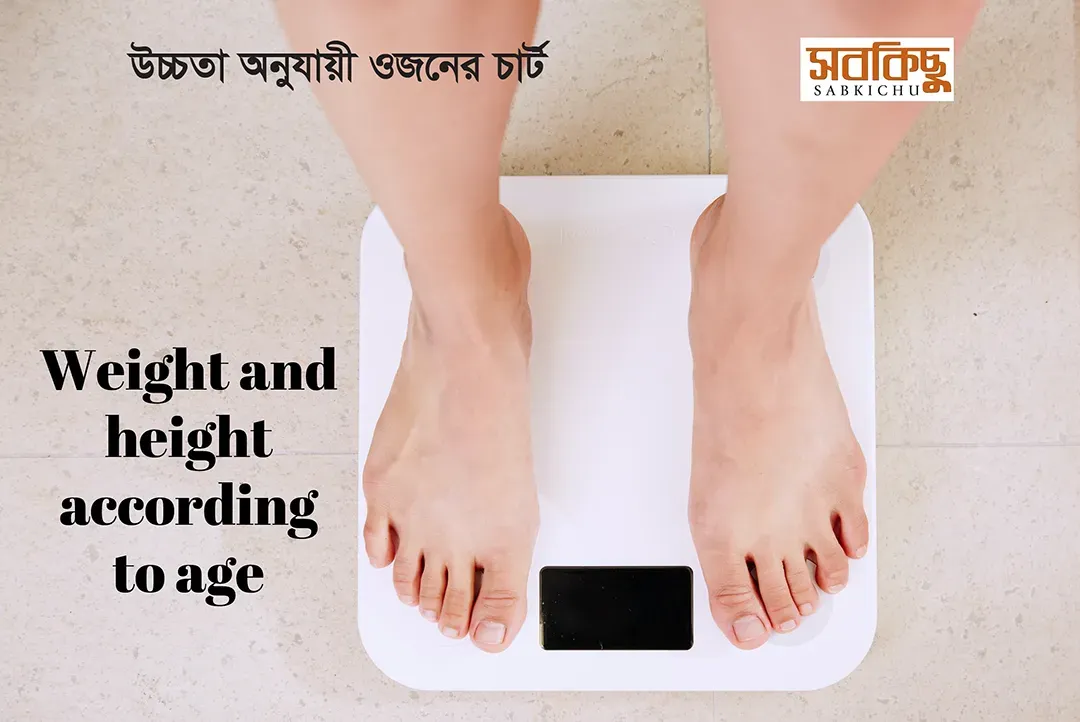Health benefits of potatoes according to science
Health benefits of potatoes according to science
Health benefits of potatoes- Potatoes may not be the first thing that comes to mind when you think about healthy foods, but that's about to change. Potatoes may soon be regarded as one of the most nutritious foods on the planet. Today we will discuss the health benefits of potatoes.
Potatoes are a great source of vitamin C, potassium, fiber, and B vitamins. They're additionally low in calories and contain no steroid alcohol. In addition to their health benefits, potatoes are a popular food worldwide and are often used in dishes like potato soup, hash browns, French fries, and scalloped potatoes.

What are Potatoes?
Potatoes are a starchy vegetable that is commonly eaten as part of various cuisines around the world. Potatoes are a starchy tuber originating in the Andes Mountains of South America. They are most widely consumed as food, although they can also be used for industrial purposes such as producing starch or biofuel. Potatoes area unit a sort of vegetable that belongs to the nightshade family. They are often eaten boiled, baked, or mashed, but they can also be used in other ways, such as in salads and soups. Potatoes are believed to have originated in South America and were first cultivated there about 10,000 years ago.
They are starch-rich and contain many nutrients, including vitamin C, potassium, manganese, and vitamins A and B6.
They are also high in antioxidants, which may help reduce cancer risk. Potatoes can be eaten fresh or cooked - they make great French fries or hash browns!
Follow our Google News.
Read more.....
What Is The History Of Potatoes?
The history of potatoes is long and complex, dating back to the ancient Inca Empire. Potatoes were first domesticated in the Andes Mountains around 10,000 BCE. They were considered a sacred crop by the Incas, and their use was restricted to priests and nobility. However, the Spaniards discovered potatoes when they arrived in South America in 1532 and quickly spread them across Europe. By 1690, potatoes had become so popular that William Dampier wrote an entire book about his travels through Asia and Africa solely dedicated to describing how difficult it was to get food without them!
Today, potatoes are one of the world's most commonly consumed vegetables. They are used as staple foods all over the globe, especially in developing countries where they provide essential nutrients, including Vitamin C and dietary fiber. Thanks to globalization, potato cuisine has significantly diversified over the years.
Different Types Of Potatoes?
There are many different types of potatoes, each with its unique benefits. Here is a brief overview of some of the most popular Types of Potatoes:
- Sweet Potato - Sweet potatoes are an excellent option for people who want to lose or maintain weight because they are high in fiber and beta carotene. They also include potassium, vitamin B6, and vitamin C.
- Red Potatoes - Red potatoes are one of the healthiest varieties because they contain antioxidants that protect against disease. These antioxidant compounds include flavonoids and enzymes that can help fight cancer cells. Additionally, red potatoes have been shown to reduce harmful cholesterol levels and lower blood pressure.
- Yukon Gold Potatoes - Yukon gold's rich in vitamins A and C and potassium. These nutrients boost your immune system while helping you stay healthy overall.
- Russet Potatoes - Russet potatoes (aka New Englander, redskin) are a type of potato grown in the United States. They are reddish-brown and have a slightly waxy texture. Russets are known for their rich flavor and creamy consistency.
They're perfect for making mashed potatoes, fries, roasted vegetables, or any other dish that calls for traditional potatoes.
Potatoes Nutrition Facts
As a versatile vegetable, potatoes can be utilized in a wide range of recipes. They're one of the most popular vegetables across the globe. Here are some potato nutrition facts to help you understand why potatoes are so nutritious:
- One large potato contains around 190 calories and 5 grams of protein.
- A medium size potato provides 49% of your daily recommended intake (RDI) of vitamin C, 25% of your RDI for potassium, and 10% of your RDI for dietary fiber.
- They contain small amounts of sugar (less than 1 gram per serving), which is why they don't typically cause weight gain or promote diabetes.
- Some potato products may also contain harmful chemicals such as acrylamide. However, these toxins are removed during the cooking process.
We have another article written about Potatoes Nutrition Facts. You can take a look if you want.
Read more.....
Health benefits of potatoes
According to the USDA National Nutrient Database for Standard Reference, potatoes have about 220% of the recommended daily value (RDA) for vitamin C. In addition, they are a good source of dietary potassium, which is essential for maintaining normal blood pressure levels and heart function. Potatoes may also help lower cholesterol levels due to their high content of soluble fiber.
Scientists have recently discovered several health benefits that potatoes possess. They believe these bonuses could be worth billions of dollars to the global food industry. Here are some of the most notable discoveries:
1. Potatoes can help reduce cholesterol levels in the blood.
2. They can improve heart health by reducing bad cholesterol and increasing good cholesterol levels.
3. They contain antioxidants that protect cells from damage and promote skin elasticity and healthy hair growth.
4. They may help you lose weight or manage your weight by promoting sustainable caloric intake over time.
5. Finally, potatoes may play an essential role in preventing some types of cancers such as ovarian cancer and prostate cancer
6. They may help you Easy to Digest
7. They can help Treat Diarrhea
Health benefits of mashed potatoes
Mashed potatoes are a classic side dish but have many health benefits. One of the mashed potatoes' most popular health benefits is their role in weight loss. They are high in fiber and starches, which can help to regulate blood sugar levels and control appetite. Additionally, they contain healthy fats that contribute to satiety (in satisfying feeling after eating small amounts).
Furthermore, mashed potatoes are a great source of vitamin C and potassium. These nutrients help protect against infections and strengthen the immune system. Plus, they provide essential minerals such as iron, magnesium, and zinc.
In conclusion, mash those Potatoes! They're good for your heart AND your waistline! Here are some reasons why mashed potatoes are good for your health:
- They're a high-carbohydrate food, which means they help to satisfy hunger.
- They contain fiber and other nutrients that can improve digestion.
- They contain vitamin C, essential for healthy skin and immune system function.
- Potatoes contribute potassium to the diet, which helps maintain blood pressure levels and protect against heart disease.
What Are The Benefits Of Potatoes For The Skin?
There are a few benefits to potatoes for the skin. For one, they are a good source of potassium, which is essential for healthy blood pressure and nerve function. Potatoes also contain vitamin C, which helps combat sun damage and maintain collagen levels in the skin. They're also a good source of dietary fiber, which can help with digestion and weight management. In addition to all these benefits, eating potatoes can reduce inflammation and promote circulation in the skin. Softer skin may be a sign that your body is doing well at processing food correctly.
What Are The Benefits Of Potatoes For The Hair?
There are several benefits to eating potatoes for the hair. They're also great for your hair, as they contain several nutrients and minerals that help improve your locks' health. Here are five key benefits of potatoes for hair:
- Potatoes contain vitamin C, responsible for collagen production and skin cell regeneration. Collagen helps maintain elasticity in the hair shaft, preventing it from becoming brittle or dry.
- Potatoes also provide dietary fiber, which helps to promote healthy digestion and bowel movements. This fiber can also help cleanse the scalp and reduce follicular inflammation.
- One serving of potatoes contains vitamin B6 (which is essential for nerve function), magnesium (which promotes blood flow and supports energy levels), manganese (essential for both bone health and immunity), phosphorus (essential for strong bones), and potassium (needed by all body cells).











